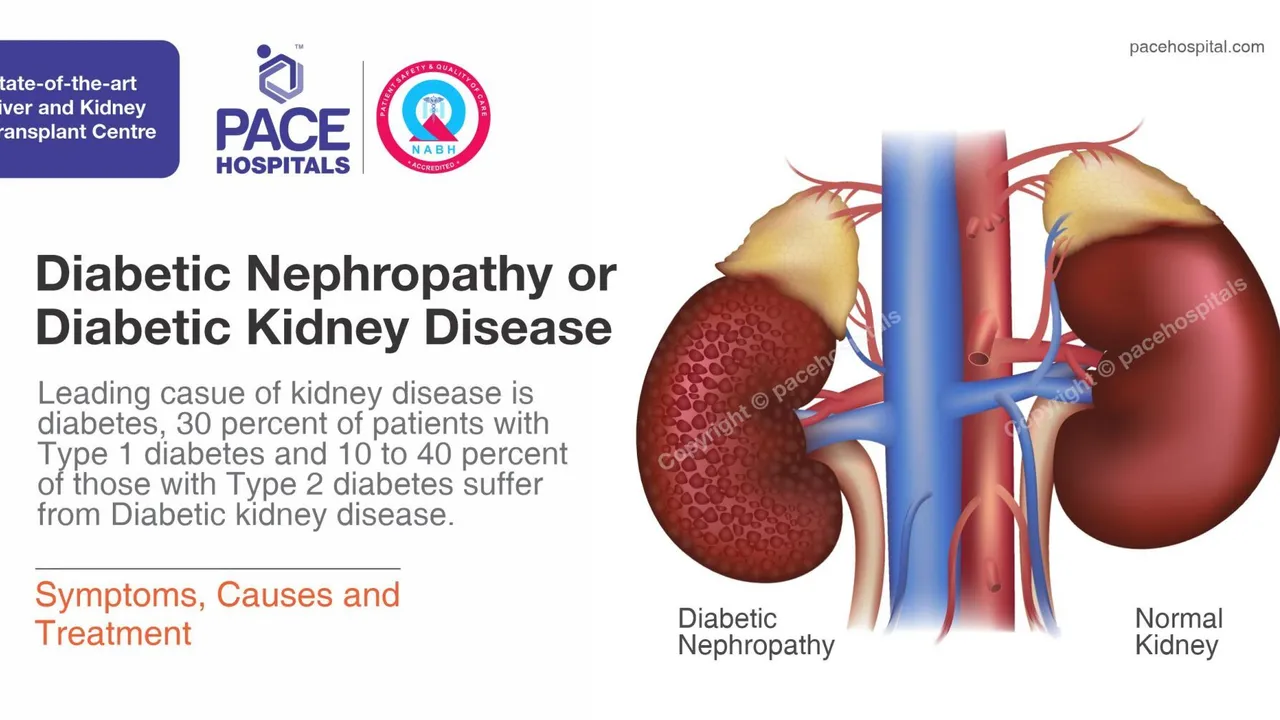As someone with kidney issues, I always found it crucial to fully understand my treatments, especially medications like Nebivolol. In today's post, we're diving into how Nebivolol interacts with kidney function-why it's essential to know. We'll chat about the risks and benefits, and find answers to those frequently occurring questions many of you have about Nebivolol and kidney disease. It's all about empowering you to take charge of your health, particularly when dealing with kidney ailments. After all, knowledge is power, isn't it?
Kidney Disease: What It Is, How to Spot It, and How to Manage It
If you’ve ever heard the term “kidney disease” and wondered what it really means, you’re not alone. Your kidneys filter waste, balance fluids, and keep blood pressure steady. When they start to falter, you might feel tired, notice swelling, or have changes in your pee. Knowing the signs early can save you from serious complications later.
Why Kidneys Fail: Common Causes
Most kidney problems stem from two big culprits: diabetes and high blood pressure. High blood sugar damages the tiny filtering units, while relentless pressure can scar the blood vessels inside the kidneys. Other reasons include chronic infections, autoimmune diseases like lupus, and long‑term use of certain pain relievers. Even a family history of kidney failure can raise your risk, so it’s worth keeping an eye on your health habits.
Spotting the Symptoms Early
Kidney disease often sneaks up without obvious pain. Look out for fatigue, foamy or dark urine, swelling in the ankles or face, and persistent itching. Some people notice a loss of appetite or trouble sleeping. If you have any of these signs for more than a couple of weeks, schedule a check‑up. A simple blood test (creatinine level) and urine test can tell a lot about how well your kidneys are working.
Doctors use the glomerular filtration rate (GFR) to stage kidney disease. A normal GFR is above 90 ml/min; lower numbers mean reduced function. Early stages (1‑3) often have no symptoms, which is why routine labs are crucial for people with diabetes or hypertension.
Once kidney function drops below 15 ml/min, dialysis or a transplant may become necessary. But most people never reach that point if they act early. Lifestyle changes—like cutting salt, staying hydrated, and managing weight—can slow the decline dramatically.
Medication also plays a big role. ACE inhibitors or ARBs help protect kidney vessels, especially for high‑blood‑pressure patients. If you have diabetes, tight glucose control reduces the strain on kidneys. Always talk to your doctor before stopping any drug, even over‑the‑counter pain meds, because some can worsen kidney damage.
Beyond meds, a kidney‑friendly diet focuses on low‑sodium foods, moderate protein, and plenty of fruits and veggies. Avoid processed snacks, sugary drinks, and excessive animal protein, which can increase waste buildup the kidneys need to filter.
Staying active improves circulation and helps control blood pressure—both key to kidney health. Even a 30‑minute walk most days can make a difference. If you’re already dealing with chronic kidney disease (CKD), regular follow‑ups with a nephrologist can keep you on track and catch complications early.
Remember, kidney disease is manageable when you catch it early and stay consistent with care. Keep an eye on your blood pressure, blood sugar, and routine lab results. Small daily choices add up to big protection for the organs that keep your body clean and balanced.

